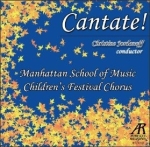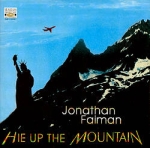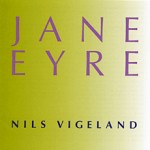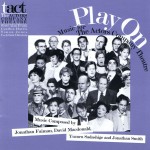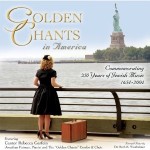JF Interview: Pianists from the Inside
Jonathan was recently interviewed on Pianists from the Inside. His interview is reprinted below:
What motivates you to play piano and compose?
A constant desire to discover new sounds and new ways of interpreting old sounds. Whether playing music by living or deceased composers, I seek to understand the composer’s intentions as faithfully as possible and eagerly present them to the audience. I also derive great physical pleasure from playing the piano as well as visceral satisfaction from creating new works. I also love to orchestrate!
Who are your favorite composers?
When I was younger, I especially loved composers and works that favoured rich harmonies, slightly sad or even depressive moods, and traditional musical forms. This would include the chamber music and late piano pieces of Brahms, the ballades of Chopin, the preludes of Debussy, and the middle sonatas of Scriabin.
I still love this music today, but I have since grown closer to the joyous effusiveness in Mozart and Stravinsky, the (perhaps slight) craziness in Beethoven, and both the new and neo-period music of numerous living composers. I also love the music (and recordings) by Duke Ellington, Yes, Bill Evans, Joni Mitchell, and Sting.
How did you get started?
I started piano lessons at 6 1/2 after having taken violin lessons for a couple of years. I always found violin difficult and cycled through numerous teachers before quitting as a teenager. With piano, I had one very good teacher from age 6 until 17, Roger Brown, now called Brother Mark Brown, who let me pick which pieces to learn from a broad selection of challenging piano works appropriate for my level at any given time. When I was 9, I composed a short piano piece called “Tango”, which was really more of a samba. This was the first piece I notated.
What is your proudest moment up to now?
I was fortunate to have my playing and composing come together in a very exciting way when Ian Hobson asked me to compose a piano concerto which I would then perform with his Sinfonia da Camera. The resulting work is called “Conversations with Piano and Orchestra”, and I performed it with Maestro Hobson and the Sinfonia in 2002.
In my opinion, a great pianist must be a great musician, i.e. one with the experience, understanding, and technical competence to clearly relay any composer’s intentions to an audience.
What is the biggest challenge that you have overcome?
Integrating my own personal sense of how something should sound with differing ideas of my collaborators, i.e. teachers, co-performers, or those commissioning new works.


